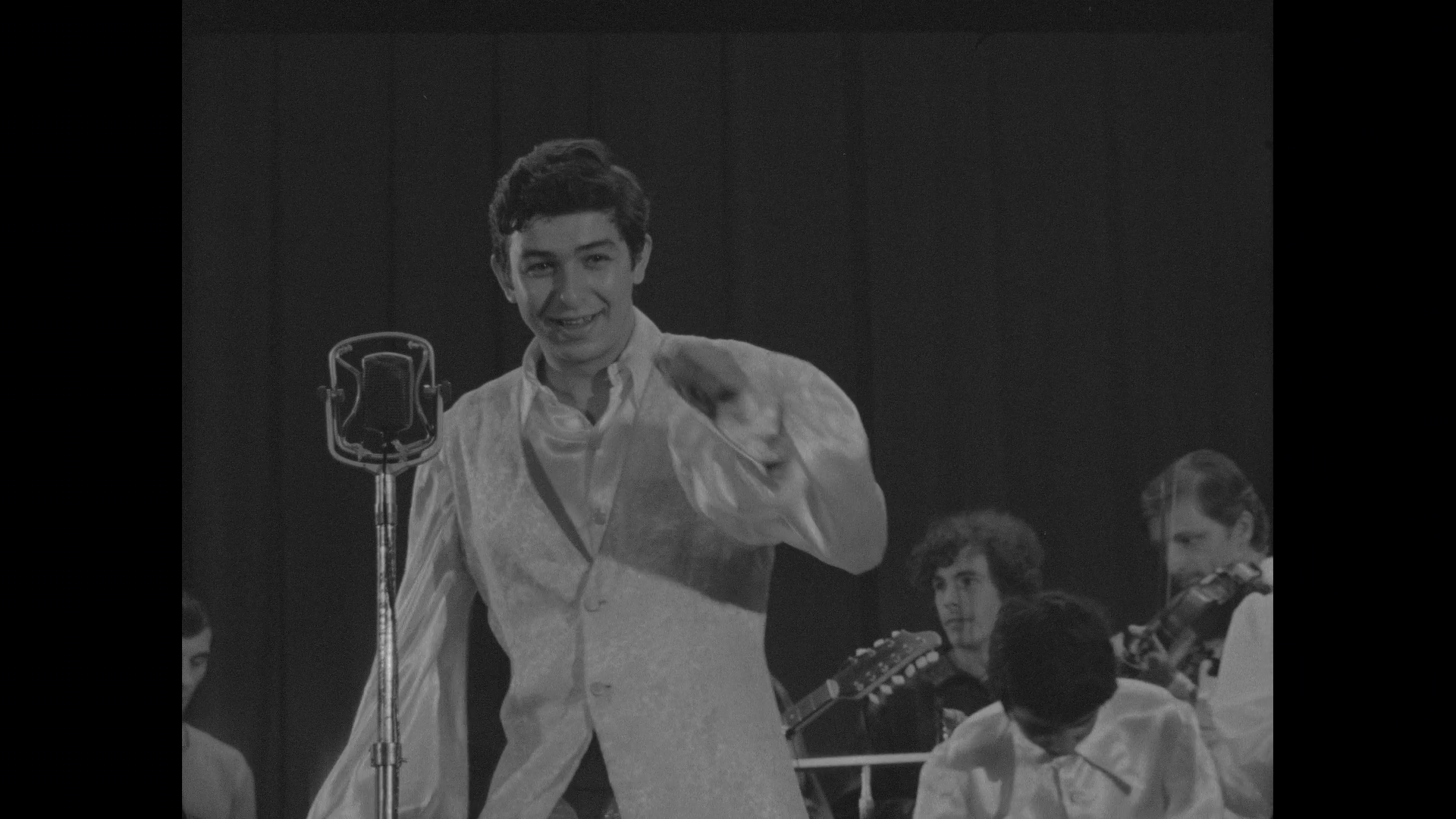2.
EVERYDAY EXILE

In the mid-1960s, the Moroccan film students left Morocco for communist Poland. Upon their arrival, they discovered the realities of Polish society. Łódź, an industrial city, could seem grey, poor, and cold. Luckily their encounters, friendships, even love affairs, but mostly the discovery of Polish culture meant they had an “incredible” experience (to quote Mostafa Derkaoui).
Despite being foreigners and recipients of a scholarship from Poland, in their movies they would dare to engage with social realities with a critical perspective, and in particular with the support of their documentary cinema professor, Kasimierz Karabasz. They were to film the margins and minorities (Abdelkader Lagtaa’s But Hope Is of a Different Colour), gypsy families (Hamid Bensaid’s Zofia and Ludmila), racism (Mostafa Derkaoui’s Adoption), but also unmarried women (Karim Idriss’ Elzbieta K.), workers and the misery of everyday life (Marta, also by Idriss). They sometimes had to contend with the disapproval of the School, which was reluctant to present Poland as a racist country.
Karim Idriss gave the title Et l’exil de tous les jours [Everyday Exile, 1975] to his final year student film. This film is based on a true story and retraces the life and suicide of a young worker crushed by the anonymous letters of a puritanical alliance of workers. It was banned.
The Łódź Film School and Poland were therefore not entirely the dreamed-of place of freedom for young people foreign students who were often already accustomed to the difficulties of political censorship in their own countries. For the Moroccans, Whilst in in Poland they were freed them from the ongoing French colonial influence and the authoritarian Moroccan state (the 1960s were particularly difficult for far-left radicals who were subjected to harsh repression), they would alsobut they would have to confront difficulties of a political nature in Poland, which would force them to imagine and devise a way of making cinema which would be very useful on return to their country.
In March 1968, when the Polish students demonstrated in favour of “socialism with a human face”, the government responded with repression (accompanied by a strong wave of antisemitism). These events marked the beginning of a significant political and economic crisis in Poland.
The 1970s were much harder for the foreign students, who began to feel pressure from Poland to return to their countries. Some students, including Karim Idriss and Abdelkader Lagtaa, were even expelled from the country in difficult circumstances.
Copyright © 2020 / Léa Morin — CINIMA3 / Talitha
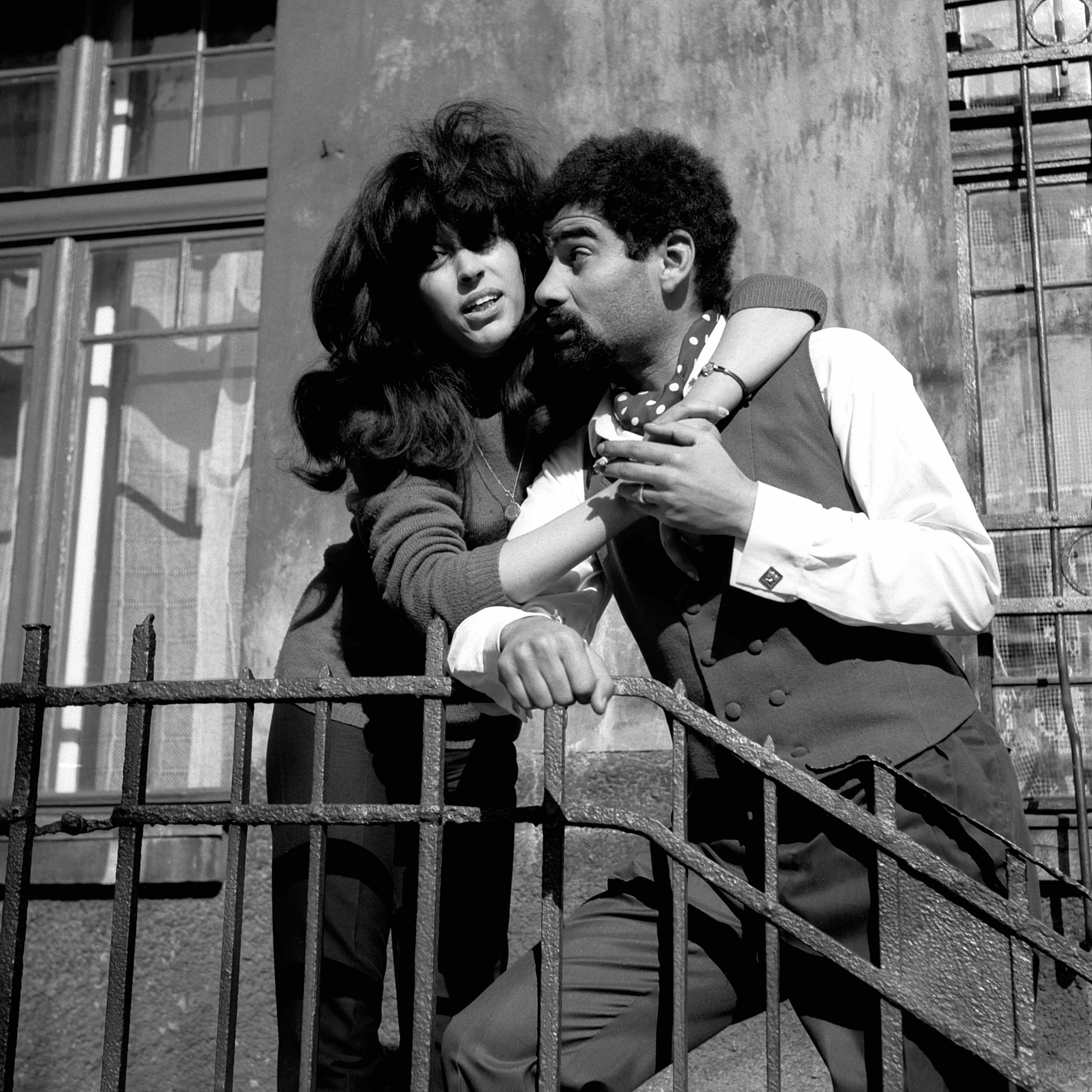 2.1
2.1 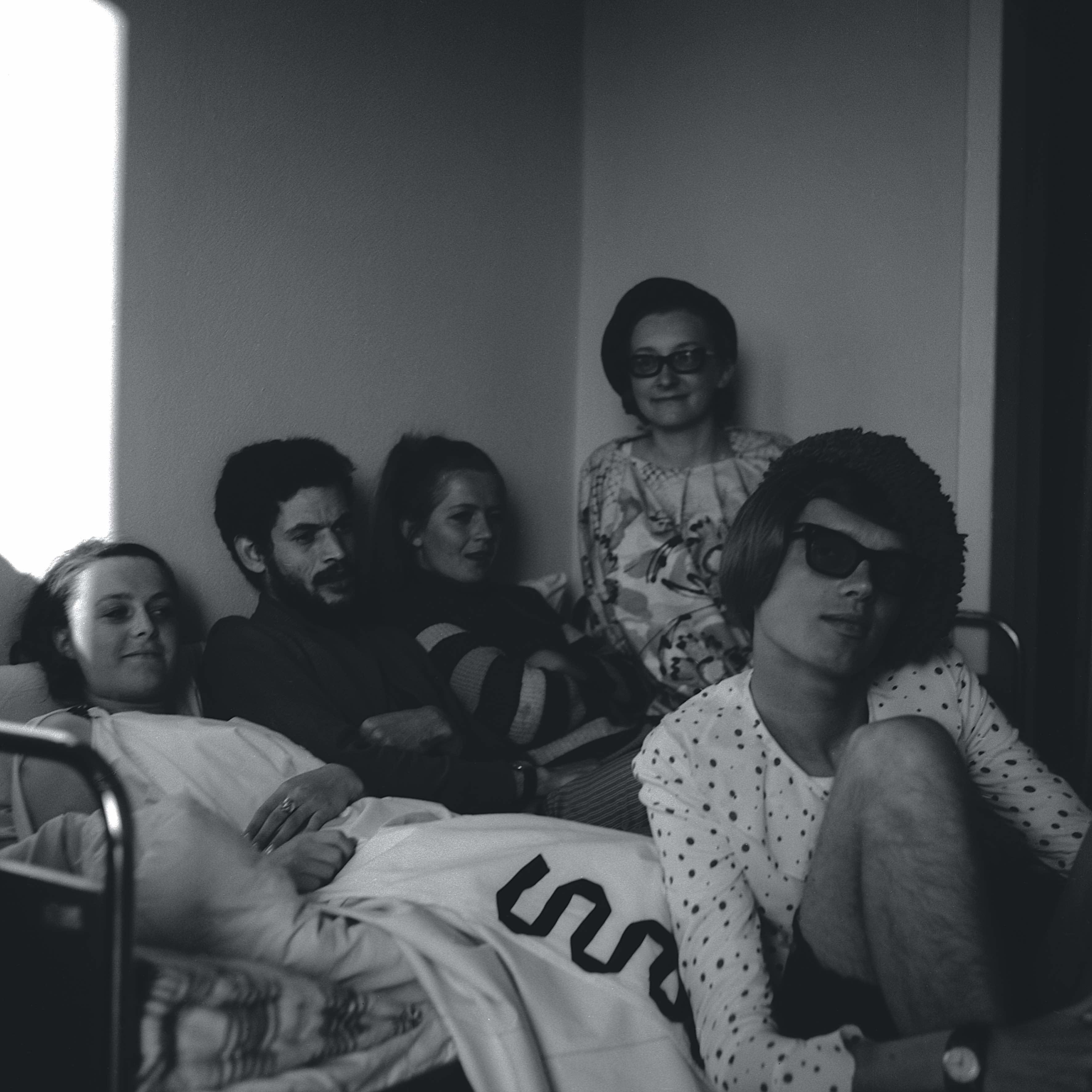
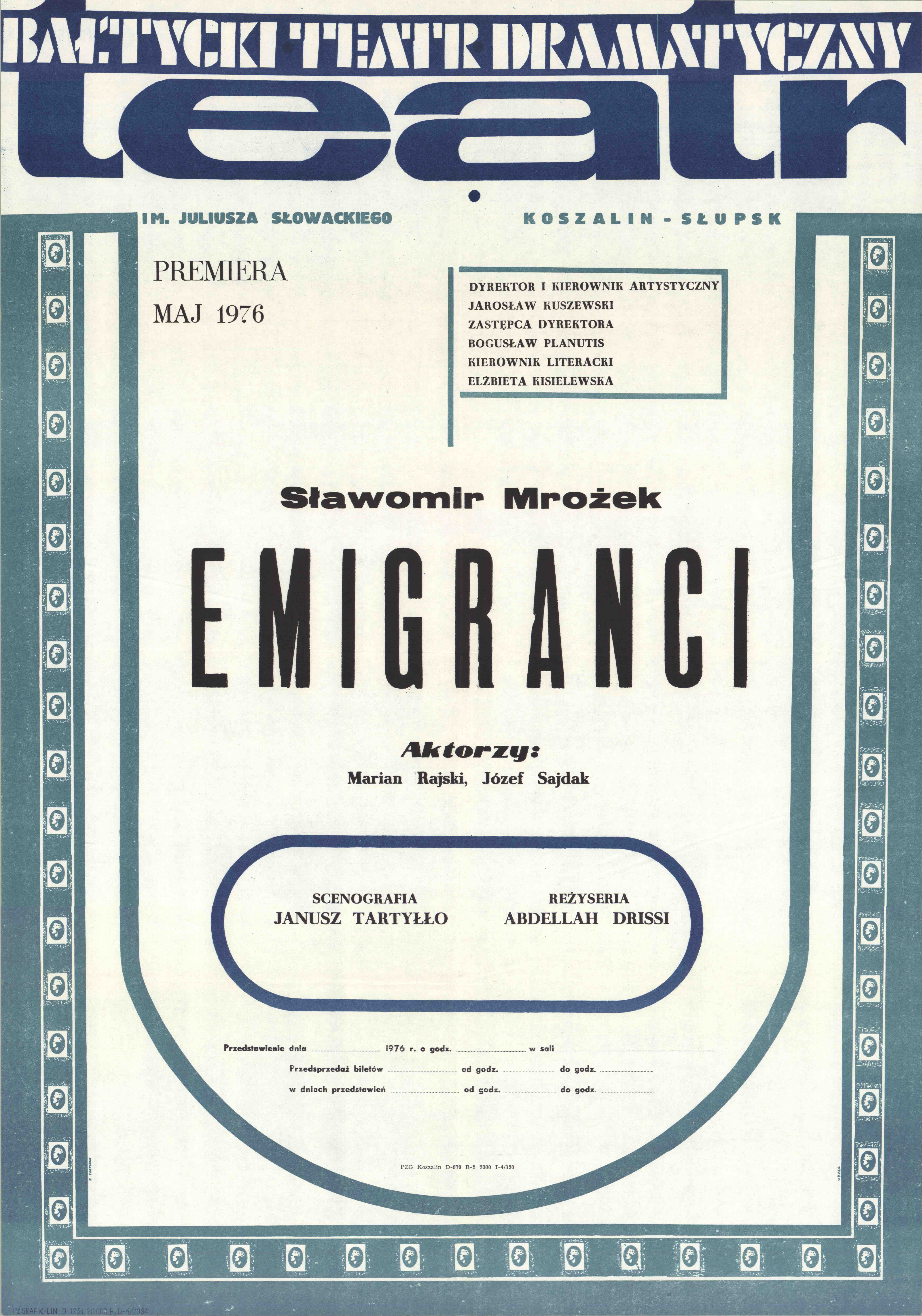

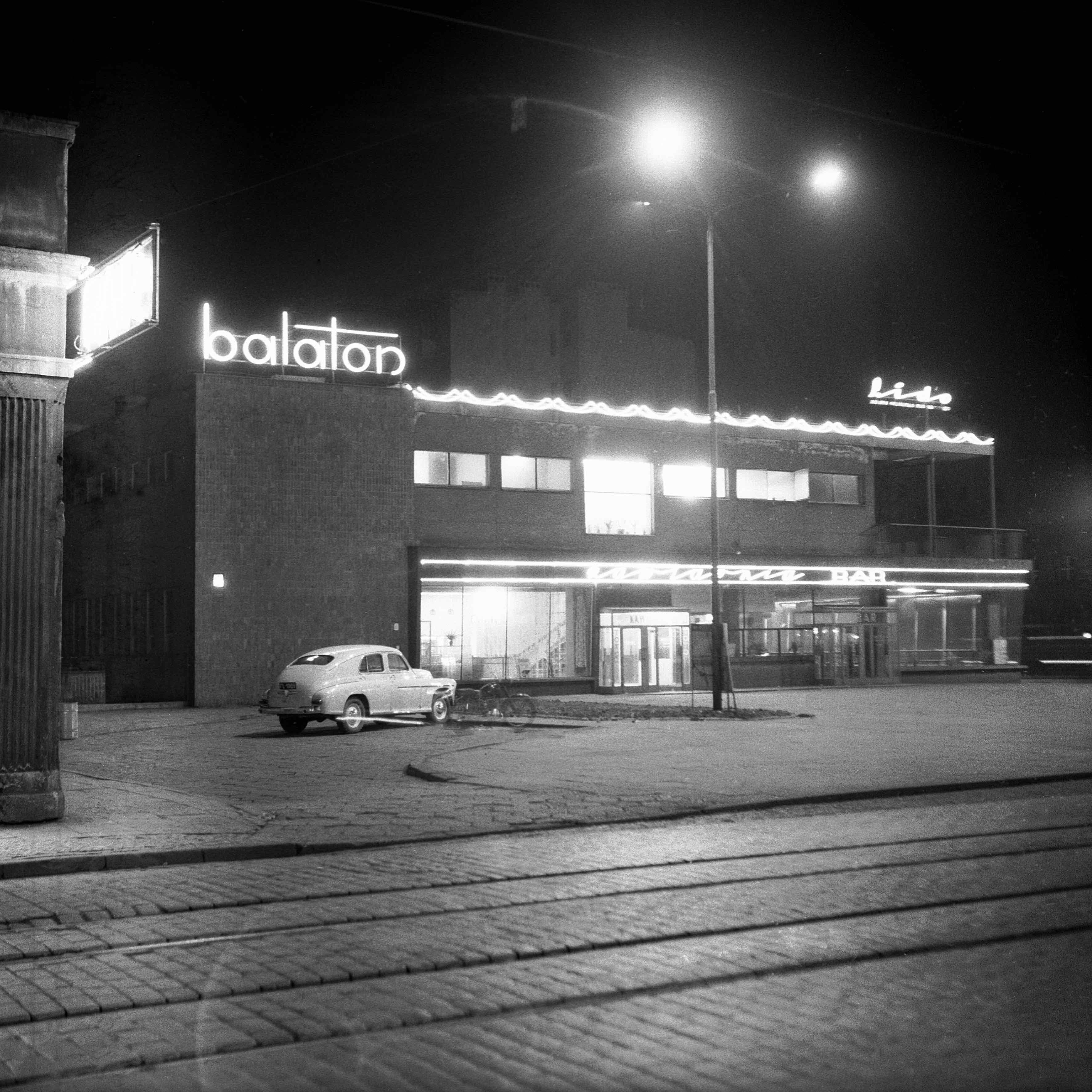
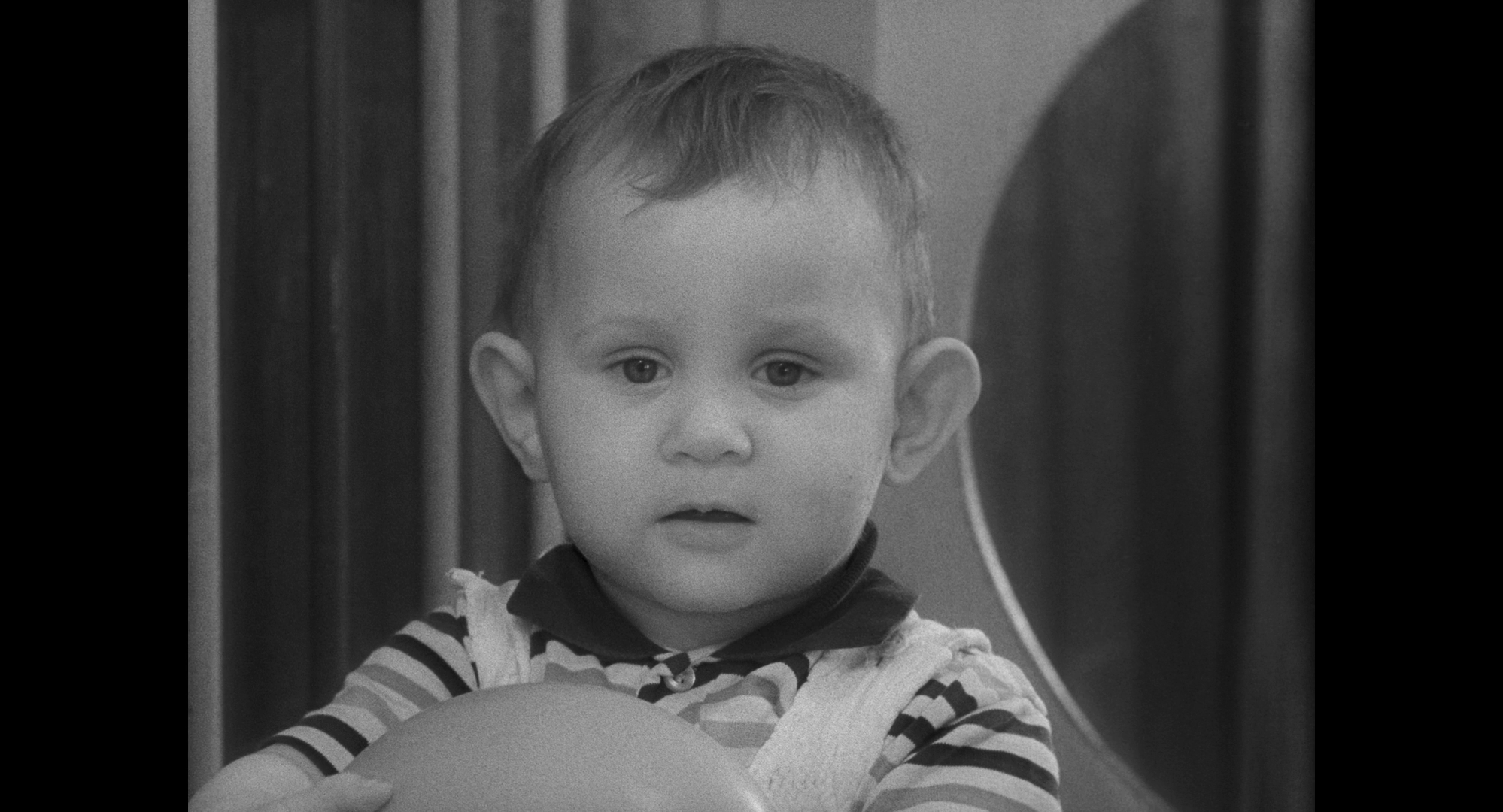
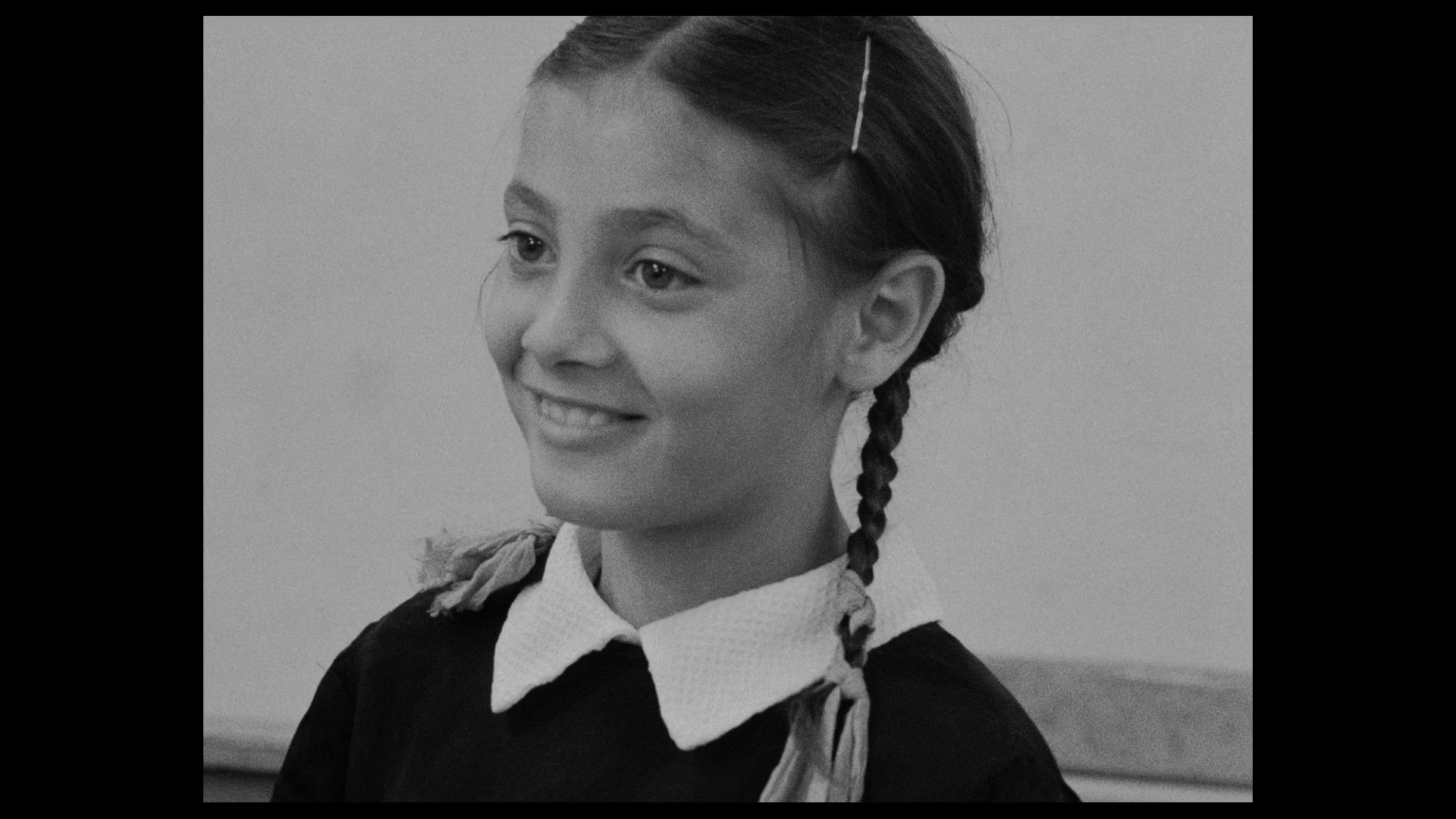 2.7
2.7 